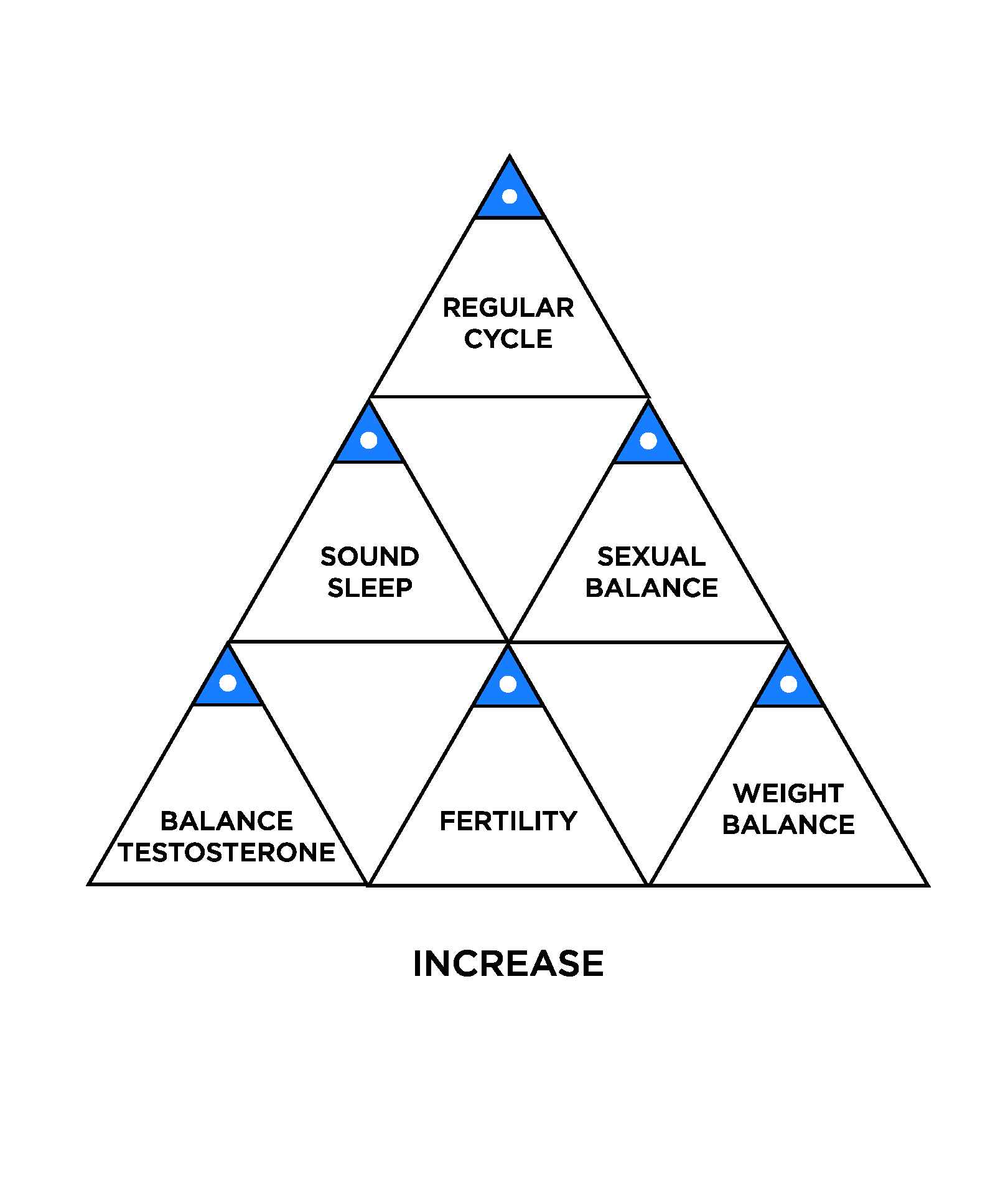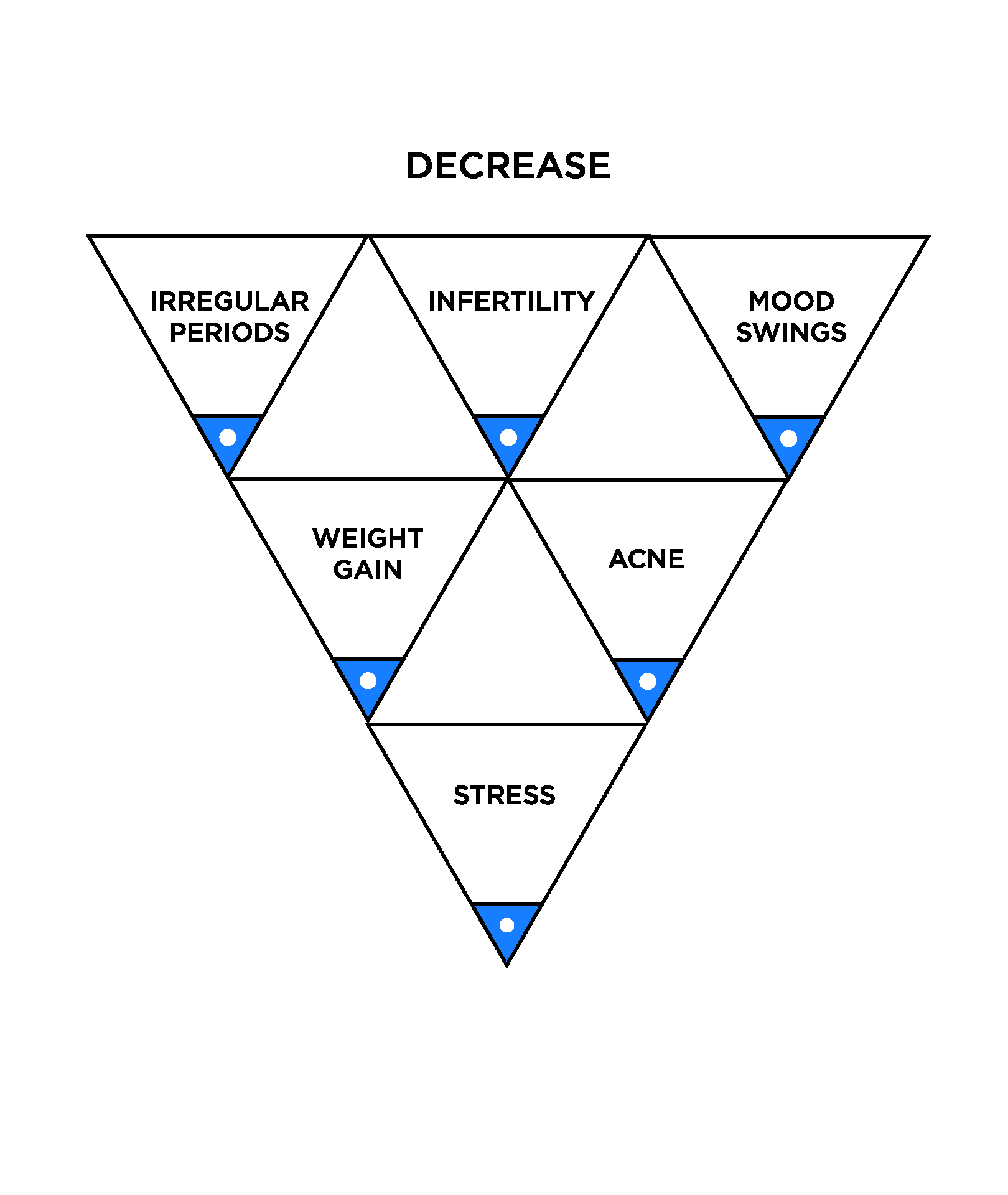Hormonal Imbalance
Hormones are chemicals that are produced by glands in the endocrine system. Our glands are the production house of our hormones, they should work naturally. Any external treatment or substitute hormone makes our glands lazy, and it will create more health problems in the future. Hormones travel through the bloodstream to the tissues and organs, delivering messages that tell the organs what to do and when to do it. Hormones are important for regulating most major bodily processes, so a hormonal imbalance can affect a wide range of bodily functions.
Men and women alike can be affected by imbalances in insulin, steroids, growth hormones, and adrenaline.
Women may also experience imbalances in estrogen and progesterone levels, while men are more likely to experience imbalances in testosterone levels. Women naturally experience several periods of hormonal imbalance throughout their lifetime, including during puberty, menstruation, pregnancy, childbirth, and breast-feeding perimenopause, menopause, and postmenopausal
TYC believes that no single asana works on hormonal imbalance but needs a combination of yoga tools to respond. TYC hormonal treatment is designed as a session according to the phase of menstruation (follicular, ovulation, luteinizing), hormones dominate in different phases, so different combination yoga plans work on the targeted issues and help to reverse the disease.
Women are also at risk of developing different types of hormonal imbalance disorders than men because they have different endocrine organs and cycles.
Medical conditions causing irregular hormonal imbalances in women like
- Polycystic ovary syndrome (PCOS)
- Hormone replacement or birth control medications during early menopause
- Primary ovarian insufficiency (POI) ovarian cancer
- Heavy, irregular, or painful periods
- Osteoporosis (weak, brittle bones) hot flashes, and night sweats
- Vaginal dryness
- Breast tenderness
- Indigestion, constipation and diarrhea, acne during or just before menstruation
- Uterine bleeding not associated with menstruation
- Increased hair growth on the face, neck, chest, or back
- Infertility
- Weight gain
- Thinning hair or hair loss.













